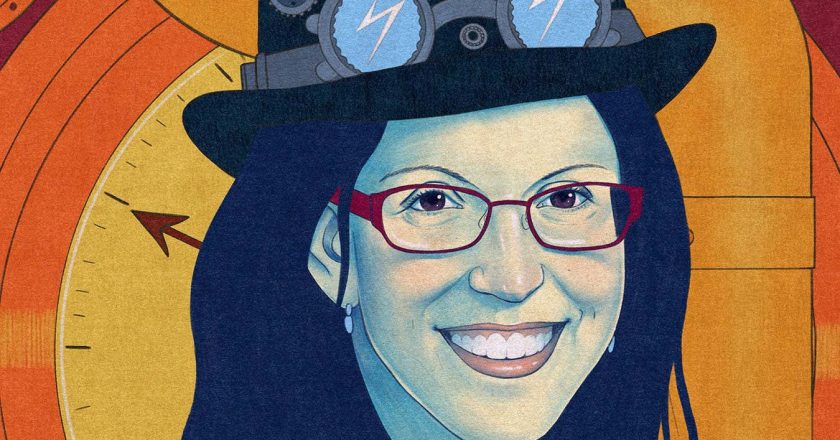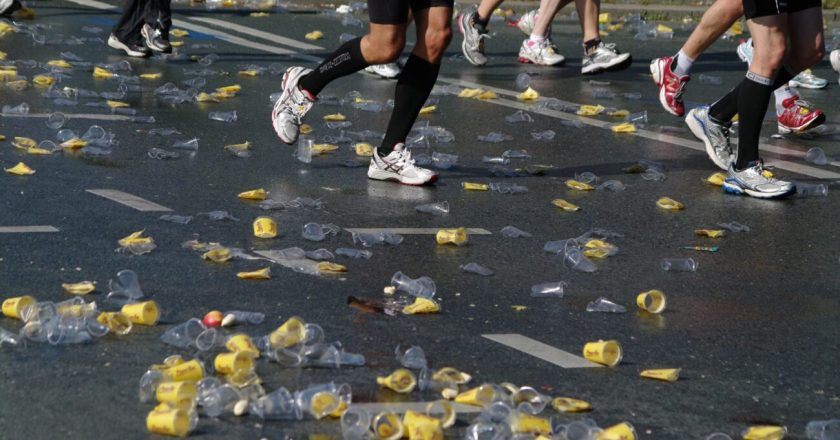AI can forecast the weather in seconds without needing supercomputers
Thunderstorms over Indonesia, seen from the International Space StationNASA Earth Observatory / International Space Station (ISS)
An AI weather program running for a single second on a desktop can match the accuracy of traditional forecasts that take hours or days on powerful supercomputers, claim its creators.
Weather forecasting has, since the 1950s, relied on physics-based models that extrapolate from observations made using satellites, balloons and weather stations. But these calculations, known as numerical weather prediction (NWP), are extremely intensive and rely on vast, expensive and energy-hungry supercomputers.
In recent years, researchers have tried to streamline this process by applying AI. Google scientists last year created an AI tool that could rep...




